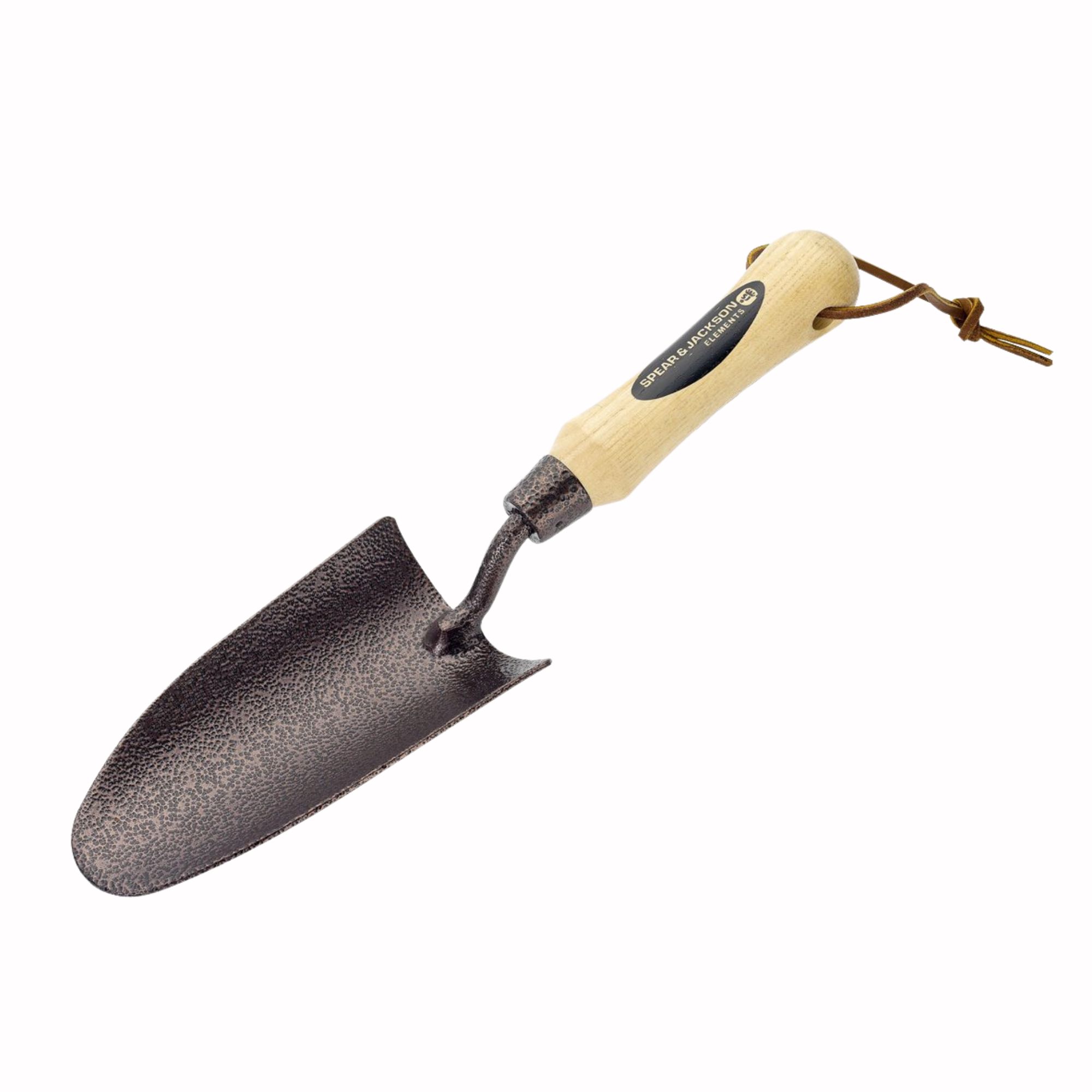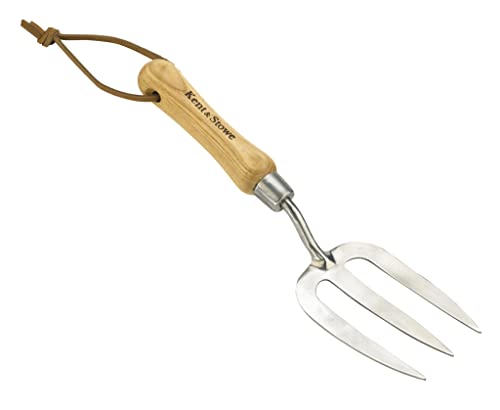Should spring bulbs be soaked before planting? A complete guide to the types you should (and shouldn't) be soaking
We're tackling the question that divides gardeners

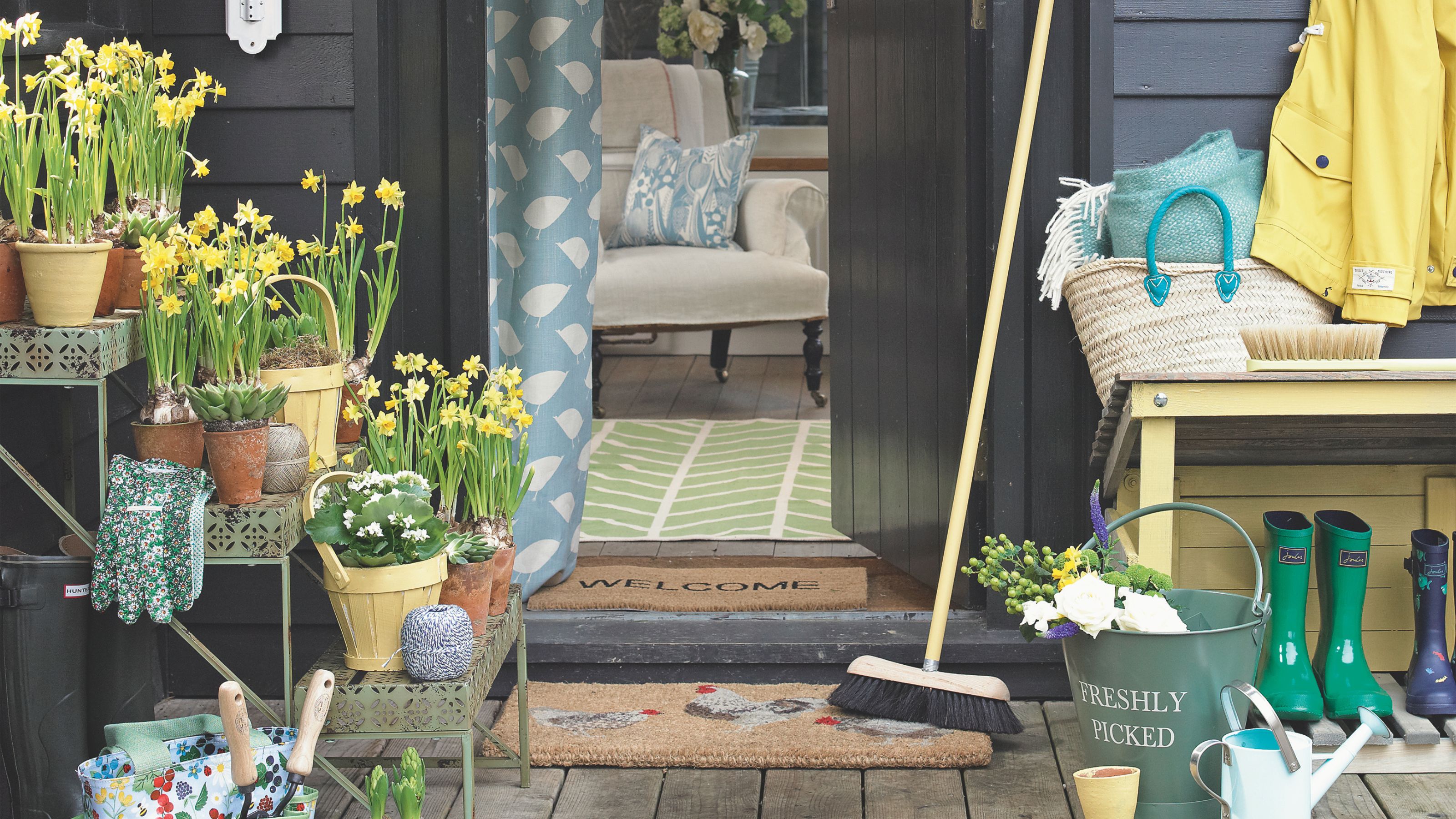
Sign up to our newsletter for style inspiration, real homes, project and garden advice and shopping know-how
You are now subscribed
Your newsletter sign-up was successful
It's bulb planting season, and that means it's time to stock up on the blooms-to-be for next year. But should spring bulbs be soaked before planting? It's a question that divides gardeners...
There are plenty of spring-flowering bulbs to choose from, whether you're wondering when to plant tulip bulbs or looking to grow architectural alliums. And once you've figured out when to plant bulbs for spring, you'll be on your way to enjoying stunning displays next year.
That brings us back to the key question: should spring bulbs be soaked before planting? Well, you've come to the right place – we checked in with gardening experts to help us solve the common bulb query.
Should spring bulbs be soaked before planting?
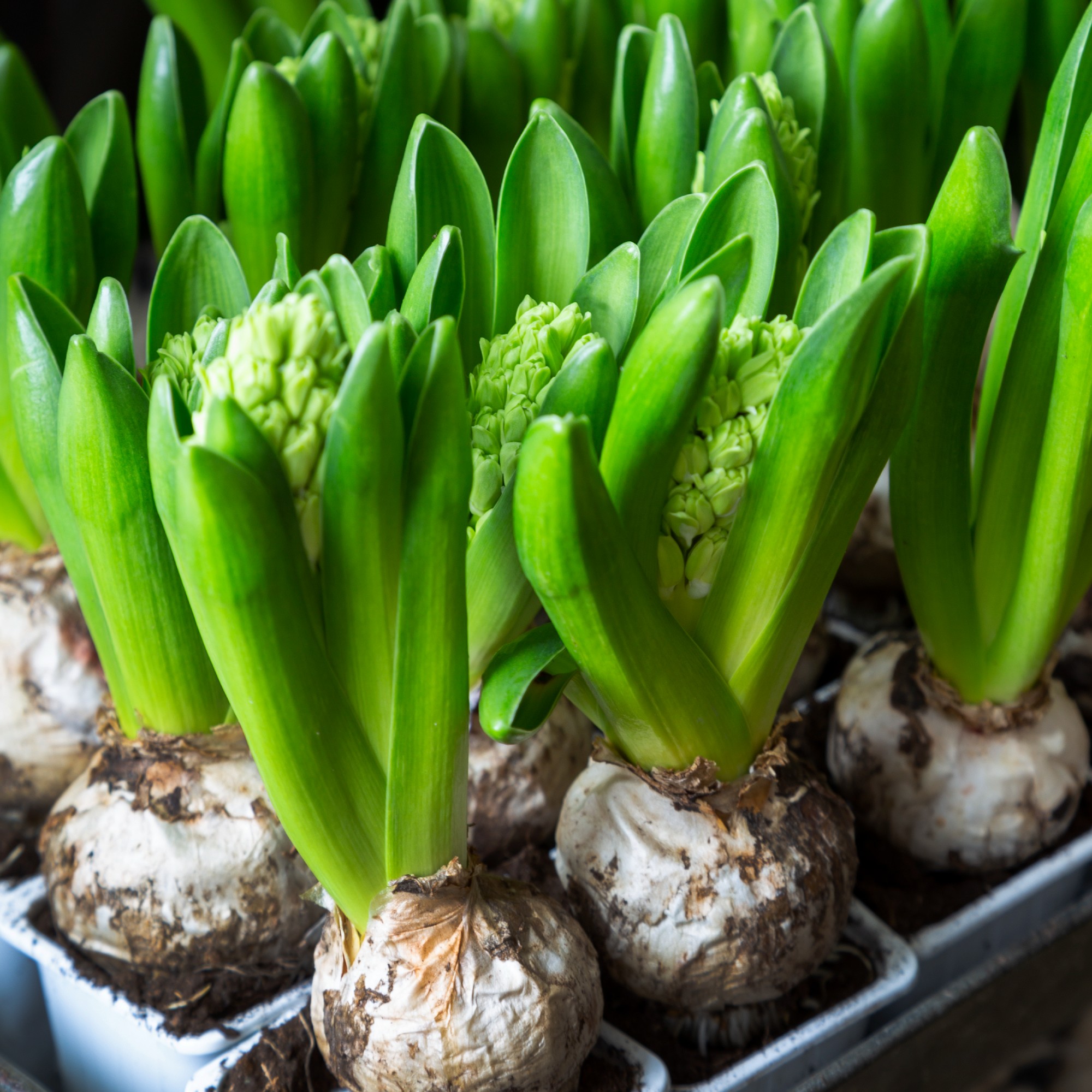
For the most part, soaking spring bulbs before planting isn't necessary, so it isn't the end of the world if you skip this step before planting. Certain spring bulbs can benefit from a quick drink, though.
'Generally, spring bulbs contain enough moisture to get them started,' says Angela Slater, gardening expert at Hayes Garden World. 'However, some corms benefit from a few hours soaking in tepid water.'
Luckily, there's a simple way to tell if a spring bulb needs soaking - you just need to know what to look out for.
'Daffodil and tulip bulbs are smooth and plump so don’t need soaking, whereas corms such as freesia, anemone and ranunculus are wrinkled and rock hard so benefit from plumping up before planting,' explains Angela.
Sign up to our newsletter for style inspiration, real homes, project and garden advice and shopping know-how
So, once you've figured out when to plant anemone bulbs, or if you're learning how to grow freesias, you can add this extra step to give the bulbs a boost. Even hyacinths can benefit from a quick dip before planting.

Angela holds a degree in Conservation and Land Management and has had an active interest in gardening since the age of six, helping her father out in the garden while he grew his own vegetables. She now owns a smallholding where she grows a selection of vegetables and soft fruit. Angela has worked for Hayes for 33 years and has produced content for many national, lifestyle and garden trade publications.
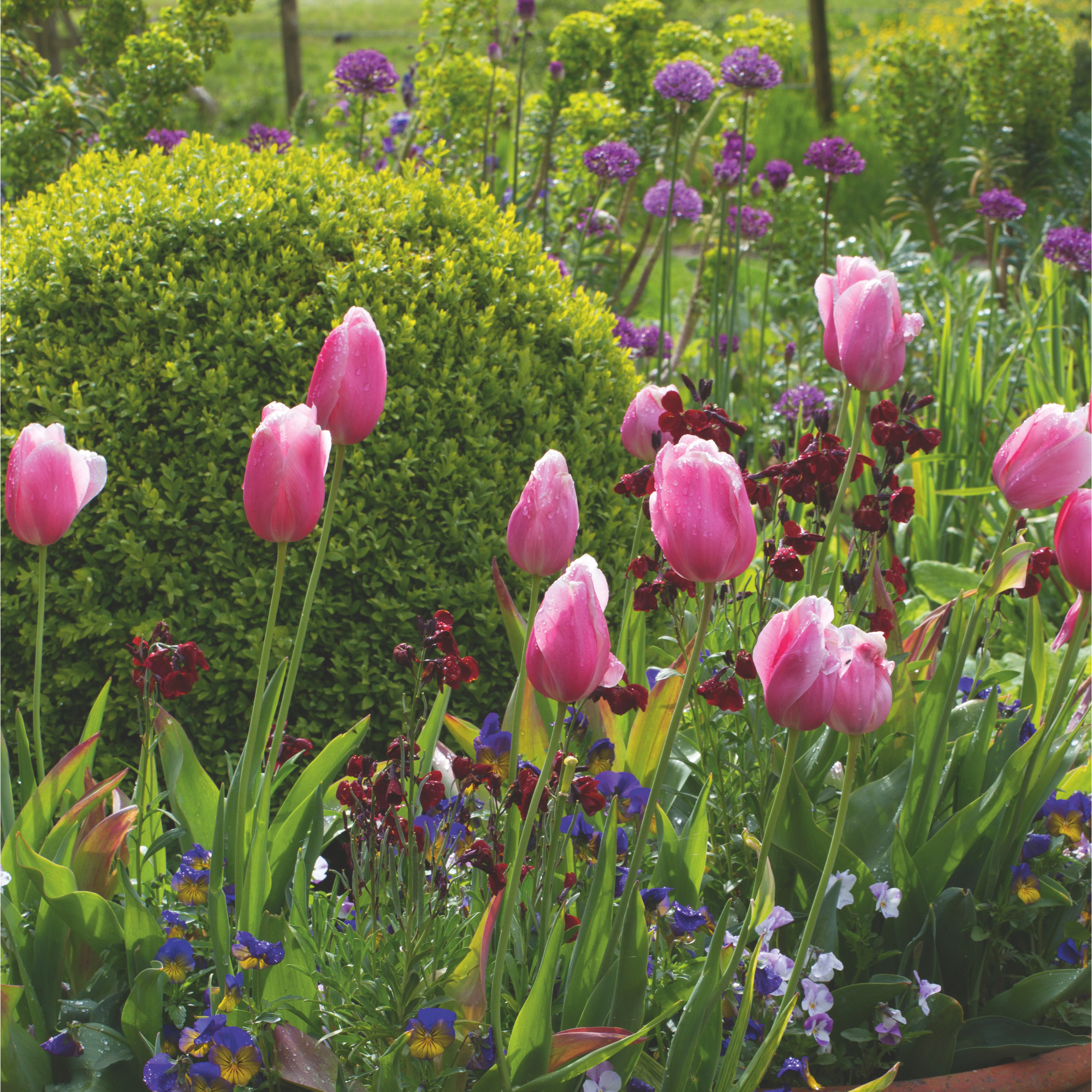
Soaking bulbs like anemones and ranunculus is beneficial because it helps to hydrate them before planting, causing them to swell a little.
However, there are a couple of types that shouldn't be soaked before planting. 'Avoid soaking tulips and daffodils, as it can actually increase the risk of the bulb rotting,' advises Morris Hankinson, managing director at Hopes Grove Nurseries.
How to soak spring bulbs before planting
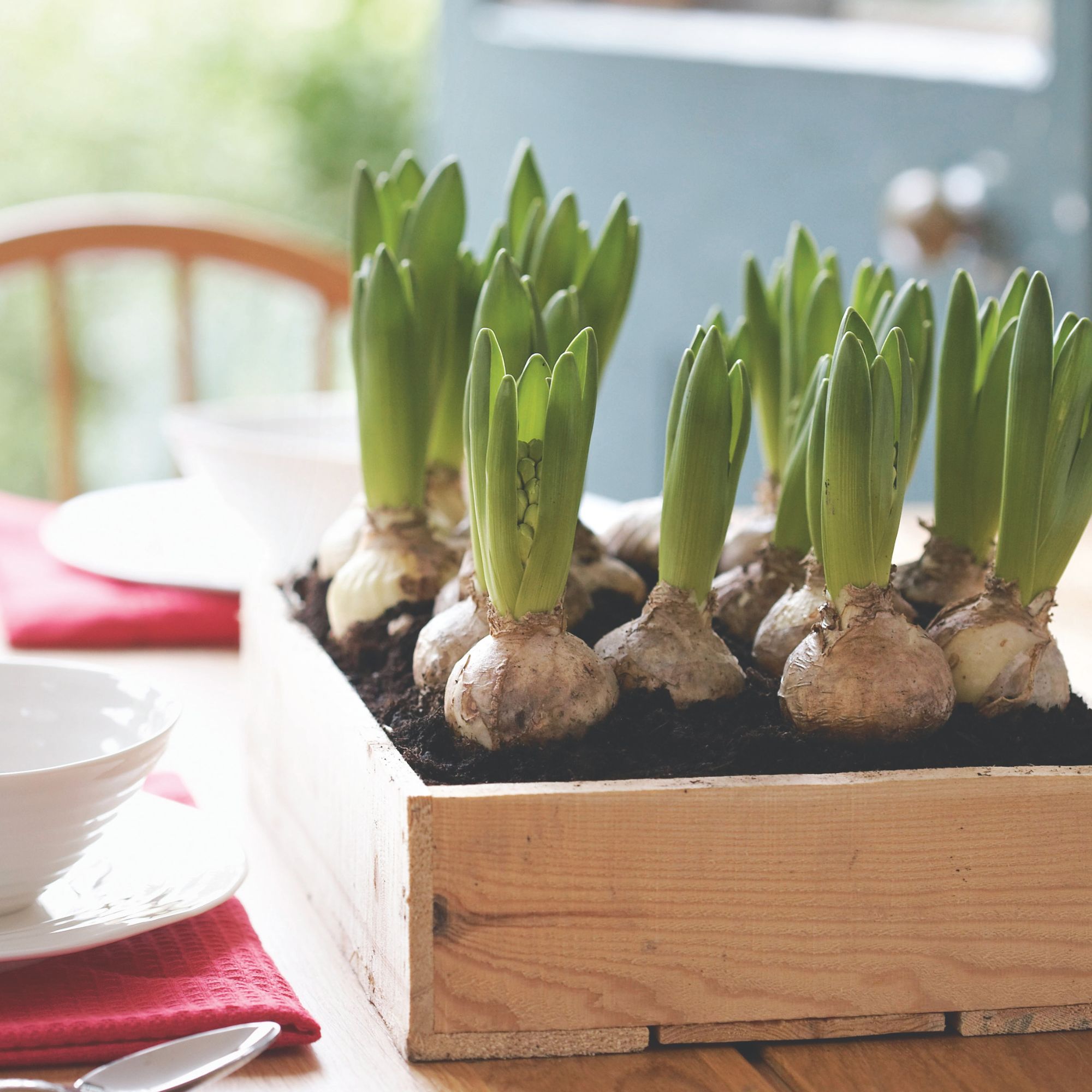
So, while there's no hard and fast rule that spring bulbs should be soaked before planting, some types will benefit from a quick drink before they enter the soil. You just need to make sure you're soaking them the right way, and for the correct amount of time.
'Only soak for two to four hours, and do so just before you are about to plant them,' advises Angela from Hayes Garden World. 'Otherwise, they become susceptible to mould.'
It's also a good idea to use tepid water to soak your spring bulbs. 'It plumps them up quicker than cold water,' Angela explains.
Spring bulb planting essentials
FAQs
Is it OK to plant spring bulbs in wet soil?
Spring bulbs generally dislike wet conditions, especially if your soil doesn't drain well. Waterlogging the bulbs can lead to rot, foiling your spring displays.
However, you'll also want to avoid dry conditions – finding the right balance is key if you want spring bulbs that come back every year. 'Damp soil is absolutely fine, as long as you have good drainage so that it doesn't stay permanently damp,' says Morris from Hopes Grove Nurseries. 'However, you should avoid very wet soil because this can lead to issues with root rot and fungal diseases which may impact plant growth.'
Which spring bulbs need to be soaked before planting?
As mentioned above, bulbs and corms which are harder, like anemones, freesias and ranunculus can benefit from soaking before planting, hydrating and plumping them before they enter the ground. Gladiolus bulbs and hyacinth bulbs can also benefit from soaking before planting, helping to speed up the rooting process, but again, it isn't a necessity.
So, should spring bulbs be soaked before planting? It all comes down to personal preference, but it's generally best to avoid bulbs which are already plump, like tulips. Soaking harder bulbs can give them a boost before they enter the soil and kickstart growth.

Sophie joined the Ideal Home team as Gardens Editor in June 2024. After studying English at Royal Holloway, University of London, she began writing for Grow Your Own, which spurred on her love of gardening. She's tried growing almost every vegetable under the sun, and has a soft spot for roses and dinnerplate dahlias.
As Gardens Editor, Sophie's always on the lookout for the latest garden trend. She loves sharing growing hacks for every space, from herbaceous borders to balconies.
